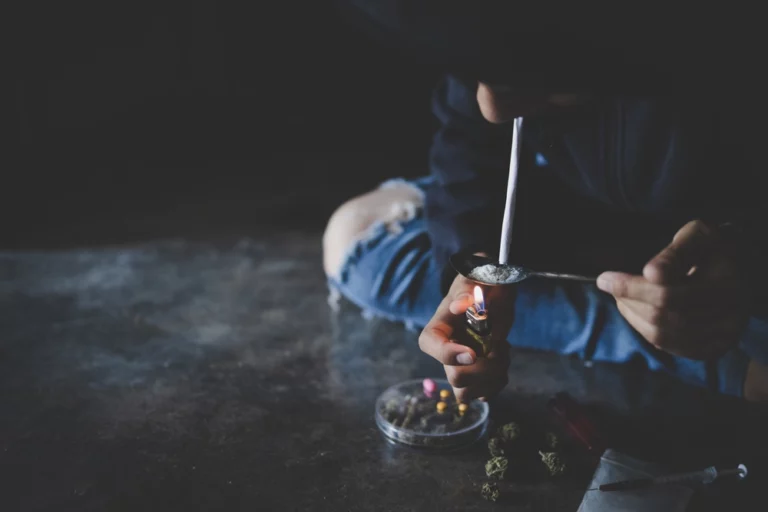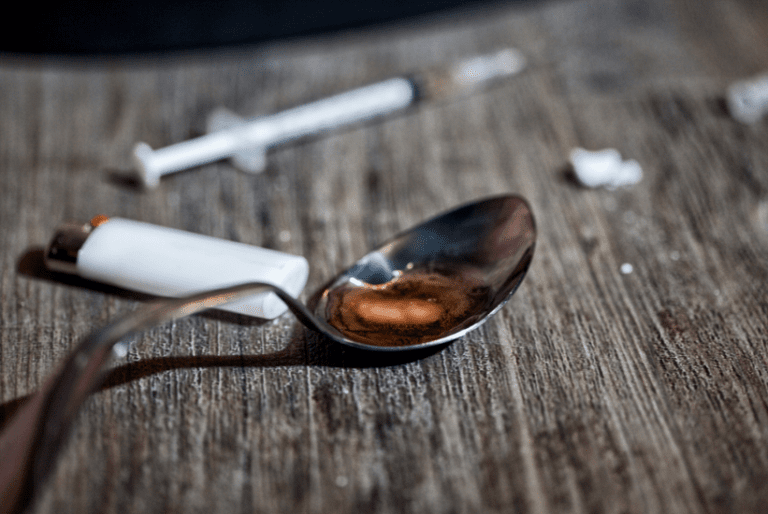Journaling Ideas to Empower Your Recovery
Journaling Ideas for Addiction Recovery
Embarking on the journey of addiction recovery requires dedication, self-reflection, and the right tools to support healing. It’s a path that demands honesty, resilience, and a willingness to confront both challenges and triumphs along the way.
One of the most accessible and profoundly effective tools for this journey is journaling—a simple yet powerful practice that can significantly aid in recovery by offering a safe, private space for expression, self-discovery, and emotional processing.
Journaling serves as a mirror to the soul, allowing individuals to articulate their feelings, document their progress, and uncover patterns that may otherwise go unnoticed. Whether through structured prompts or free-flowing thoughts, putting pen to paper can help clarify emotions, reduce stress, and reinforce commitment to sobriety.
This article explores various journaling ideas for addiction recovery, from gratitude lists and trigger identification to goal-setting and reflective prompts—each designed to help individuals navigate their unique path to wellness.
Incorporating journaling ideas into a recovery plan not only fosters personal growth but also cultivates emotional clarity, making it easier to recognize triggers, celebrate milestones, and stay grounded in moments of vulnerability.
For those in Asheville and beyond, journaling can be a cornerstone of a holistic recovery strategy, complementing therapy, support groups, and other treatment modalities.
By understanding the profound benefits of this practice, individuals can harness the power of written reflection to deepen their self-awareness, strengthen their resolve, and ultimately, enhance their recovery journey.
Let’s delve into the transformative potential of journaling and discover how it can become an indispensable ally in the pursuit of lasting healing.

The Benefits of Journaling in Addiction Recovery
Journaling is a powerful tool in addiction recovery, offering a safe space to process emotions, track progress, and reflect on challenges. One of the greatest advantages of journaling ideas is their ability to help individuals identify triggers and patterns in their thoughts and behaviors.
Exploring different journaling ideas, such as gratitude lists, emotional check-ins, or goal-setting exercises, can provide structure and clarity during the recovery journey. Many find that putting journaling ideas into practice reduces stress and increases self-awareness, making it easier to navigate difficult moments.
Whether through free-writing or guided prompts, journaling ideas encourage honesty and self-reflection, which are essential for personal growth. By regularly engaging with journaling ideas, those in recovery can build resilience, celebrate milestones, and develop a deeper understanding of their healing process.
Providing Clarity and Understanding
Journaling helps to structure thoughts and articulate emotions that might be difficult to express verbally. This clarity allows individuals to:
- Process Experiences: Understand past actions and trigger patterns.
- Record Progress: Document milestones and reflect on achievements over time.
Emotional Release
Putting thoughts on paper serves as an emotional release, reducing stress and anxiety. Journaling is a therapeutic exercise that offers a non-judgmental space for introspection and healing.
Enhancing Self-Awareness
Journaling encourages self-reflection, essential for identifying behavioral patterns and emotions associated with addiction.
Learn more about how our mindfulness practices can complement your journaling activities and recovery strategies.

Effective Journaling Ideas for Recovery
Daily Gratitude Entries
One of the most transformative journaling ideas for addiction recovery is beginning each day by writing down what you’re grateful for. This simple yet profound practice of gratitude journaling helps redirect your focus away from negative thought patterns and instead cultivates a mindset of appreciation and positivity.
When exploring journaling ideas, this particular technique stands out because it only takes a few minutes but can significantly impact your entire day.
Some effective journaling ideas for gratitude practice include listing three things you’re thankful for each morning, reflecting on small victories from the previous day, or writing about people who have supported your recovery journey.
These journaling ideas work by training your brain to notice the good in your life, which is especially important during challenging moments in recovery.
You might experiment with different journaling ideas for gratitude – perhaps some days you’ll write detailed paragraphs about meaningful experiences, while other days you may prefer quick bullet points of simple blessings.
The beauty of these journaling ideas is their flexibility – they can be adapted to fit your mood, schedule, and personal style. By consistently applying these journaling ideas, you’ll likely find yourself developing greater emotional resilience and a more optimistic outlook that supports your recovery journey.
Remember that the most effective journaling ideas are those you’ll actually use regularly, so feel free to modify these suggestions to best suit your needs and preferences as you move forward in your healing process.
Addiction Trigger Identification
One of the most valuable journaling ideas for addiction recovery involves carefully documenting instances when you experience cravings or emotional distress. This practice goes beyond simply noting that a craving occurred – it’s about creating a detailed record that captures the full context surrounding these challenging moments.
When implementing this journaling idea, be sure to include specific details like the time of day, your physical location, who you were with, what you were doing, and what thoughts or emotions preceded the craving. These journaling ideas work particularly well when you also record your emotional state, energy levels, and any stressors you were facing at the time.
By consistently applying these journaling ideas, you’ll begin to notice patterns and identify your personal triggers – perhaps certain people, places, or emotional states that consistently precede cravings. These journaling ideas become even more powerful when you also document how you responded to the craving and what coping strategies you tried.
Did you call your sponsor? Go for a walk? Practice deep breathing? Recording these details transforms these journaling ideas into a practical toolkit for your recovery. Over time, these journaling ideas will help you recognize early warning signs and intervene before cravings intensify.
To get the most from these journaling ideas, consider creating a dedicated section in your journal just for tracking cravings and distress.
You might use columns or categories to organize the information, making it easier to review and analyze later. These journaling ideas become an ongoing reference that helps you and your treatment team develop increasingly effective, personalized coping strategies.
Remember that the power of these journaling ideas comes from consistent practice – even on days when cravings are mild or nonexistent, making brief notes about your emotional landscape can provide valuable insights for your recovery journey.

Reflective Questioning
Ask yourself reflective questions like:
- What am I feeling today?
- What am I proud of in my journey?
- How do I handle stress without harmful substances?
Dive deeper into these questions to gain insights into your recovery progression.
Recovery Affirmation Writing
Craft positive affirmations specific to your recovery. Repeat and write these affirmations to reinforce your commitment to sobriety.
Goal Setting and Achievement Tracking
Set short-term and long-term goals related to your sobriety. Regularly evaluate these goals within your journal to maintain motivation and focus.
Tips for Successful Journaling
Establish a Routine
Make journaling a daily habit. Assign a specific time each day to focus on writing, ensuring consistency aids in deeper self-reflection.
Create a Comfortable Space
Designate a quiet, comfortable environment dedicated to journaling. A distraction-free zone encourages genuine expression.
Be Honest and Open
Approach journaling with honesty. It should be a safe space where you can express yourself authentically without fear of judgment.
Utilize Prompts and Themes
Incorporating themes or prompts can prevent writer’s block and keep your writing explorative and meaningful. Consider topics that evoke introspection and growth.
FAQs About Journaling in Recovery
How often should I journal during addiction recovery?
For optimal benefits, journaling should be done daily. However, consistency over frequency is key. Find a schedule that works best for you and integrate it into your daily routine.
Can journaling replace professional therapy in addiction recovery?
While journaling is a valuable tool in recovery, it cannot replace professional therapy. It should be used alongside therapy to offer deeper insights and personal reflections. Many find that journaling enhances the insights gained during therapy sessions.
Are there specific journaling techniques recommended for addiction recovery?
Various techniques can aid recovery, including gratitude journaling, reflective questions, and tracking emotional triggers. Experiment with different methods to discover what works best for you and complements your healing process.
Explore our aftercare programs for additional support options that align with your journaling and recovery goals.
Embracing journaling as part of your addiction recovery journey can offer a unique opportunity to explore personal thoughts, emotions, and experiences in a structured way.
By integrating journaling ideas for addiction recovery into your daily routine, you can enhance self-awareness, reduce stress, and maintain focus on your sobriety goals. Recovery is a journey, and journaling provides the roadmap to navigate through its challenges and triumphs.

Harness the Power of Journaling for Your Journey to Sobriety
Journaling is far more than just putting pen to paper—it’s a transformative practice that can anchor your recovery and illuminate your path forward.
By exploring the journaling ideas shared in this article—from gratitude lists and trigger tracking to emotional check-ins and progress reflections—you equip yourself with a powerful toolkit for self-discovery and healing.
These journaling ideas offer a structured yet flexible way to process complex emotions, celebrate small victories, and navigate challenges with greater clarity.
What makes these journaling ideas so impactful is their ability to meet you exactly where you are in your recovery journey.
Whether you’re in early sobriety or maintaining long-term wellness, journaling adapts to your needs, providing a private space to reflect, release, and rebuild. Over time, these journaling ideas can reveal patterns in your thoughts and behaviors, helping you recognize triggers, refine coping strategies, and cultivate resilience.
Commit to making journaling a regular part of your routine—even just a few minutes each day can make a profound difference.
As you continue to experiment with these journaling ideas, remember that there’s no “right” or “wrong” way to journal; what matters is that you show up honestly for yourself.
Let these journaling ideas serve as stepping stones, guiding you toward deeper self-awareness, emotional balance, and lasting sobriety. Your words have power—use them to write the next chapter of your recovery story.
For more information about the addiction recovery services offered at Oasis Recovery Center, contact us or give us a call today.









